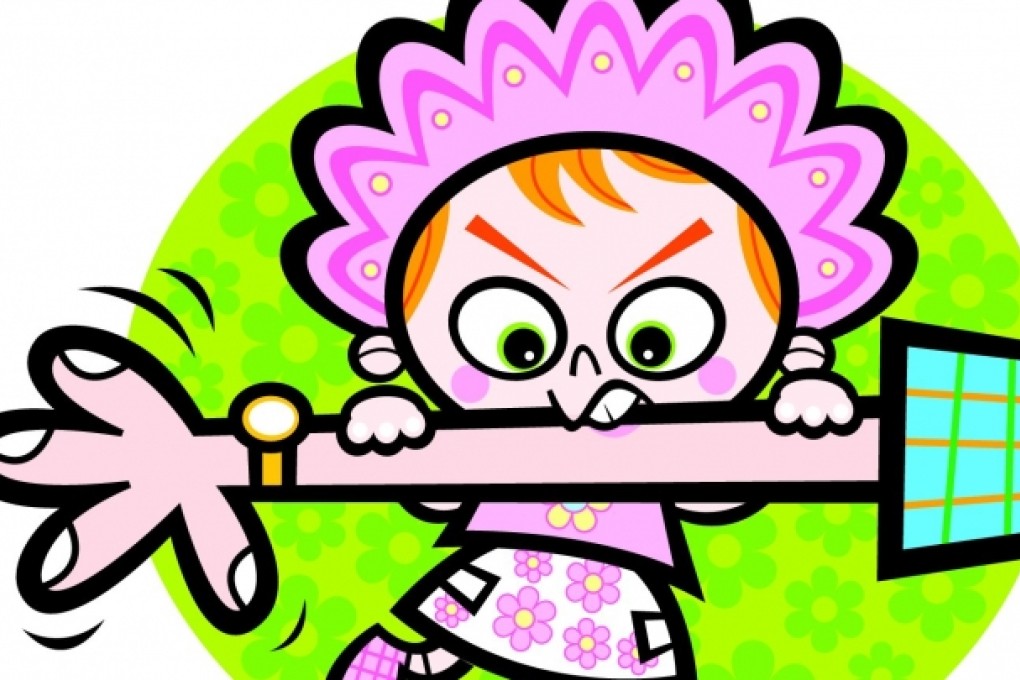Rookie Mum: what to do when your toddler starts biting others

There was a rash going round my son Tom's playgroup at the start of the year - not a physical rash but an unwelcome bout of biting.
It started when one child clamped onto another's arm. After that, almost all of them chomped on each other at some point. Thankfully, Tom has not joined in. But I am worried that it's only a matter of time before he gets his gnashers out.
Is this a phase all children go through?
That hasn't been the experience of Lesley Pears, co-founder of educational playgroup Stay & Play by Mummy Made This.
"Some children do go through it and some not at all," she says. "I have two little girls, four and two years old, and they have both been through it."
Pears recommends assessing the situation and trying to work out why the child is biting. "Some parents … may have a little teether on their hands and their little one will bite absolutely anything to relieve them from the teething pain."